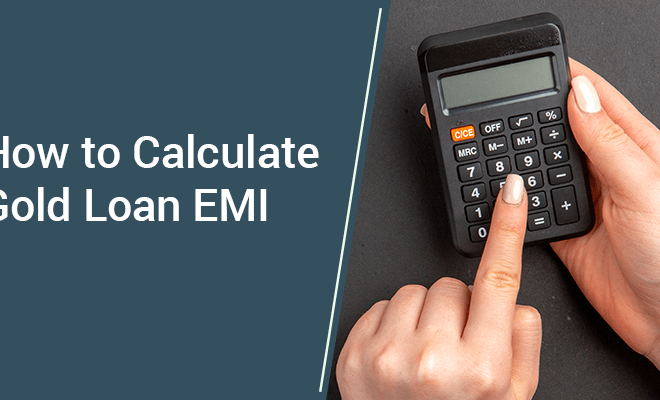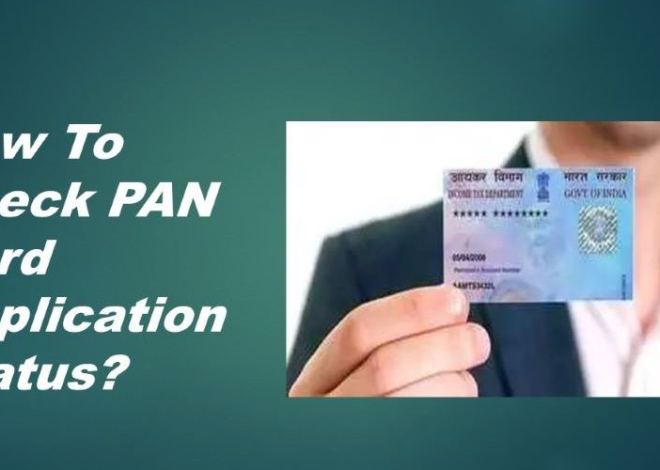
How to Manage Your Credit Card Payments and Statements
Managing your finances is an essential life skill that proves vital in various aspects, and top-most on the list is the effective management of credit card payments and statements. A significant number of individuals worldwide depend on credit cards for transactions. If you’re a newbie to the world of credit cards or even a seasoned user, understanding the fundamentals of credit cards’ effective usage is non-negotiable. Indeed, it can help you to maintain a healthy relationship with your card issuer and, most importantly, reduce the landmines in your credit journey.
Understanding Credit Card Payments
To start with, let’s look at credit card payments. Every month, card issuers bill their customers for the transactions carried out during the billing cycle. This bill, also known as a statement, outlines all your purchases, cash advances, and any accrued fees or interest. The primary factor in managing your credit card payments is to comprehend these bills and pay them on time.
The primary goal when making your credit card payments is to avoid overspending and, as much as possible, offset as much debt within the billing cycle. This practice helps to keep your credit utilization ratio low, thus boosting your credit score. However, if paying the entire bill proves challenging, strive to make the minimum payment prompt to shun late fees or splash on your credit report.
In some cases, setting up automatic payments can be the best way forward to ensure you do not miss any payment. It involves authorizing your bank to automatically send payments to your credit card issuer each month. This method is not just convenient but can also save your credit score from unnecessary dips due to late or missed payments.
Navigating Credit Card Statements
Aside from making payments, understanding your credit card statements is equally vital in managing your finances. Knowing what the various sections on your statement mean can help you scrutinize your spending habits, identify errors, and plan better for future payments.
Your credit card statement typically includes the following:
- The statement closing date: This is the date when your billing cycle ends, and a bill is generated. Any purchase made after this date will appear on the next statement.
- The balance summary: This section enlists the opening balance, purchases, cash advances, credits, payments, fees, interest, and the closing balance.
- A detailed list of transactions: This section lists all the purchases made, cash withdrawals, interest accrued, and any associated fees. This info helps in tracking spending.
- Minimum payment and due date: This illustrates the least amount you need to pay to keep your account in good status and the date when this payment is due.
- Reward points information: If your card carries reward points, this section will show the accumulated points, any redemption, and the closing points balance.
Effective Use of Credit Cards
The effective use of a credit card not only enhances financial flexibility but also cultivates healthy financial habits. Here are some top tips you can employ:
– Timing your purchases: By understanding your credit card’s billing cycle, you can time your significant expenses to get the maximum interest-free period. This strategy helps you manage cash flow better and reduces interest costs.
– Use your card wisely: While credit cards offer financial flexibility, it is prudent to avoid impulse purchases or trivial expenses. Instead, consider your credit card as a tool for building a good credit history and reaping the associated benefits.
– Regularly check your statement: Doing so can help you spot any anomalies in your spending patterns or identify any unauthorized transactions early on.
– Pay off debts on time: Timely payments reflect positively on your credit score, reduces your debt burden, and helps avoid interest and late fees. If possible, pay off the total amount due each month, rather than just the minimum payment.
Conclusion
In conclusion, managing credit card payments and statements effectively is a vital skill that saves money, protects your credit score, and reduces financial stress. Remember, the ultimate goal in the use of a credit card is achieving financial efficiency and stability rather than inviting unnecessary financial turmoil.


